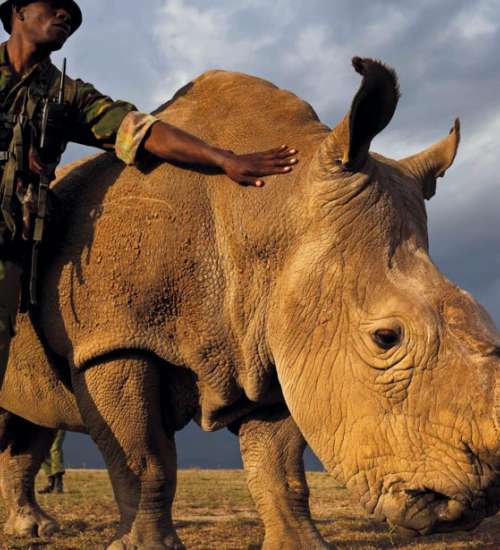As consumers become more socially aware and technology advances, companies have given more importance to social responibility as an important duty for every instutution. Institutiions are composed of people and in order to have an efficient working body, those involved inside and out must be taken cared of. Here are three opinion leaders sharing their thoughts on how social respnsobility will evolve and improve in 2018.
- BLUE REVOLUTION
- ELDERCARE
- TECHNOLOGY ENABLED CARE
Frank Arne Naesheim
CEO, Snorre Food Pte Ltd; Owner, FiSK Seafoodbar & Market
The importance of ‘Blue Revolution’ will be heightened, and people will discover more about this worldwide movement towards managed, sustainable stewardship of ocean resources.
In 2050, there will be 9 billion people in this world. The need and demand for protein will increase by 70 percent due to higher population, increased disposable income, as well as greater demand for better quality protein. For the world to manage this, most of the increase in protein will have to come from the sea, the world’s main resource (sea makes up 70 percent of the world’s surface). Wild-caught seafood cannot meet this increased demand, but new, well-managed aquaculture production can do that.
It takes 8kg of energy to grow 1kg of beef, 4kg for pork, and 2.5kg for chicken. To grow 1kg of salmon, it takes just 1.1kg of energy. Water is the biggest commodity and will become limited in supply as it takes 10 times more water to grow 1kg of beef than farmed salmon.
If we are serious about saving our earth, this new demand for protein will have to come from the sea. We can contribute to saving the earth by changing our eating habits to eating seafood 5 times a week and meat twice a week, instead of the current, which is the opposite.

- BLUE REVOLUTION
- ELDERCARE
- TECHNOLOGY ENABLED CARE
Eldercare
Gillian Tee
Co-founder and CEO, Homage
If the number of seniors is expected to more than double by 2030 to a million in Singapore, this means on a compound basis each year we would see a six percent increase in the number of seniors requiring care, starting from 450,000 seniors aged 65 and above this year.
In 2018 we will continue to invest in what I think are our evergreen tenets and goals. No one will ever wake up in five years and wish for less accessible eldercare, poorer care quality, lower visibility into the care of their loved ones or less affordable care. So we see ourselves pouring even more resources to meet higher standards in those areas.

- BLUE REVOLUTION
- ELDERCARE
- TECHNOLOGY ENABLED CARE
Technology Enabled Care
Agostinho Manhao
CEO, HomeStay Care
2018 will see the convergence of *Technology Enabled Care (TEC) in health technology, digital media and mobile devices, and will be increasingly seen as an integral part of the solution to challenges facing health, social care and wellness sectors. TEC uses connected, medical devices to deliver quality healthcare, which includes health applications, and mobile diagnostics, remote monitoring devices and wearables.
TEC, in particular mobile and digital enabled technology, will have the potential to reduce healthcare costs and increase access and improved outcomes for patients. The power and reach of this technology can improve access and overcome geographic distances for healthcare professionals, while providing versatile and personalized approach to healthcare.
Use of smartphones, tablets and other devices has lagged in older populations who are the largest users of health and social care services. However, baby boomers are among the largest year on year growth demographic in smart phone penetration. Through smartphones, users will be encouraged to exercise, lose weight, and improve the monitoring and management of their health via health and medical apps.
To put this all into perspective, in Singapore today there is an estimated half a million-people aged over 65. One fifth of this number, or 100,000 have already turned 80 years old. 78,000 people have dementia, with 1 in 10 people over 60 likely to have dementia.












 Back
Back
